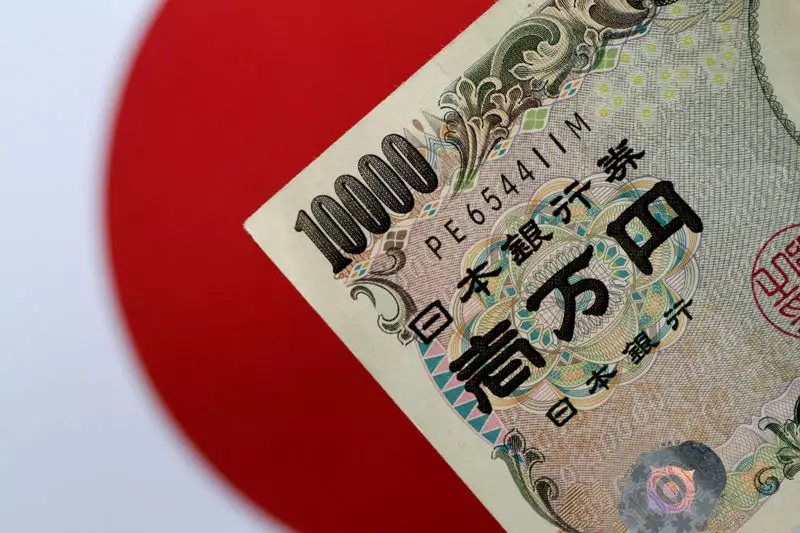In recent months, the Japanese yen has demonstrated significant recovery, largely attributed to a confluence of favorable economic indicators and monetary policy shifts. BCA Research has highlighted a trend towards increased confidence in the yen, driven by its appealing valuations in domestic markets, anticipated interest rate increases, and a steadily improving economic landscape in Japan. This resurgence is particularly pertinent as the USDJPY exchange rate experienced a notable decline, hitting as low as 139 yen, signaling a shift in market dynamics.
The Bank of Japan (BOJ) has played a pivotal role in this shift, adopting a more hawkish stance in its monetary policy. While BCA anticipates that the BOJ will maintain its current interest rates in the near term, the prospect of a “dovish hold” could provide an opportune moment for investors to consolidate their yen positions. In contrast, an unexpected increase in interest rates could catapult the yen’s value even higher. This dynamic underlines the critical influence of interest rate differentials, particularly as the U.S. Federal Reserve embarks on a path of easing, creating a favorable outlook for the yen in both the short and long term.
The fundamental resilience of the Japanese economy cannot be overlooked. Increasing local wages are fostering enhanced private consumption, which in turn fuels economic growth. This positive cycle is instrumental in supporting the yen’s value, especially in light of growing inflationary pressures. Analysts anticipate that inflation rates in Japan will continue to rise, further aligning with the BOJ’s projections. Such an environment provides the central bank with more flexibility to adjust interest rates as needed, potentially coercing an end to Japan’s prolonged era of ultra-loose monetary policy.
As BCA Research projects, a cautious approach from the BOJ, coupled with a reshaping of global economic conditions, could lead to sustained interest rate hikes beyond 2024. While short-term investments in the yen may yield commendable returns, caution is warranted on investments in Japanese equities. BCA has described the equity market as “structurally neutral,” indicating a lack of compelling growth triggers amid structural reforms and corporate governance issues. The strength of the yen may pose additional headwinds to this sector, potentially impacting profitability for exporters.
The Japanese yen’s path forward appears fortified by a blend of resilient economic undercurrents and favorable monetary policy shifts. As investors weigh their positions, considerations of interest rate trajectories, inflation dynamics, and broader economic indicators will be paramount. The outlook for the yen remains promising, while the Japanese equity landscape exhibits signs of caution, necessitating a strategic approach to capitalizing on emerging opportunities amid ongoing developments in fiscal policy and market conditions.


Leave a Reply